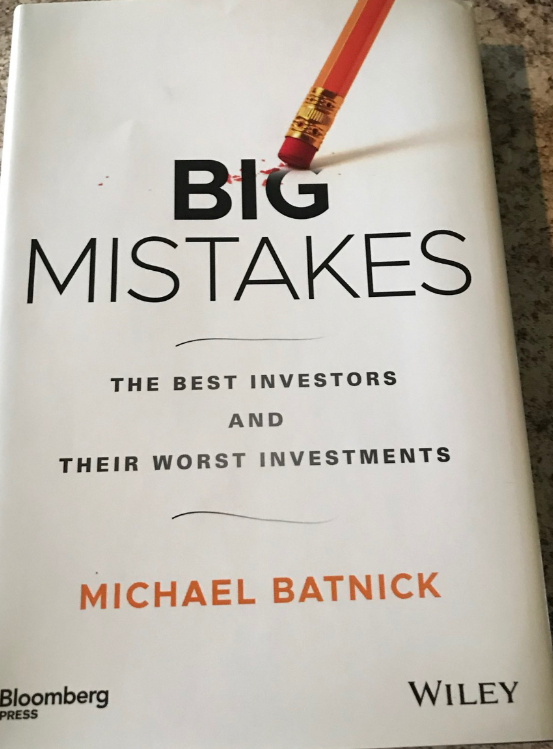When it comes to the world’s best investors, Charlie Munger (Trades, Portfolio) is in a league of his own. For most of his career, Munger has been the right-hand man of Warren Buffett (Trades, Portfolio), which has, to some degree, limited his impact on the world of investing (although not by much). When people think of Berkshire Hathaway (NYSE:BRK.A)(NYSE:BRK.B), it is Buffet, not Munger, who first comes to mind.

But that does not mean Munger has no investment skill. Indeed, before he joined Berkshire, he ran his ownq partnership where returns we as good as, if not better than, those of Buffett.
Still, for the past several decades, Munger has been known as Buffett’s right-hand man, so it is extremely likely he has had more influence on Buffett’s strategy than anyone else.










